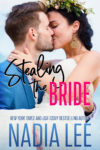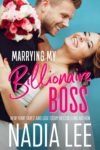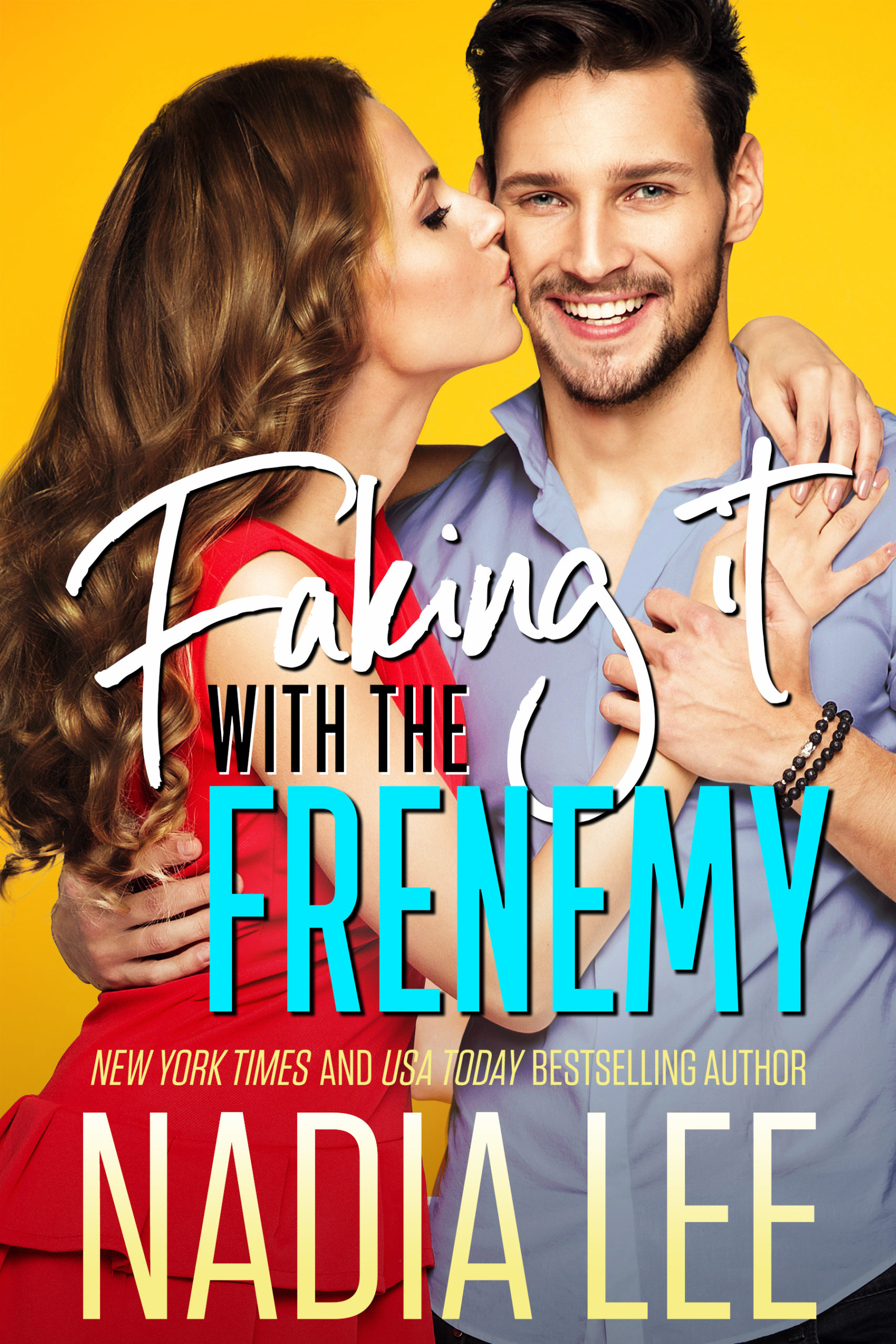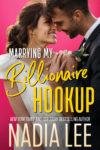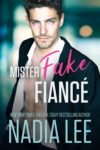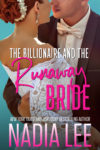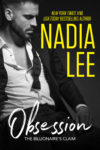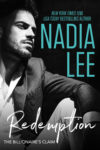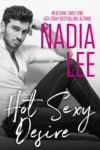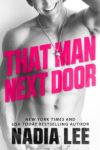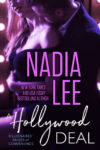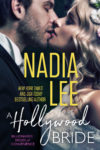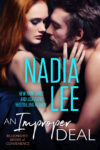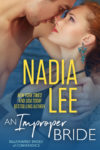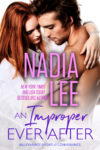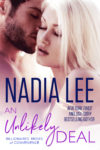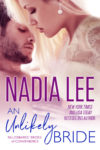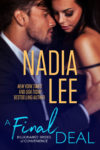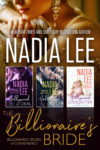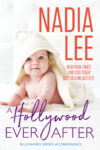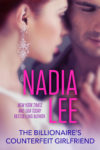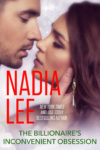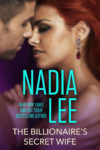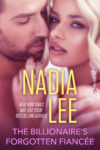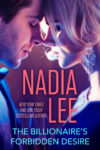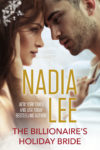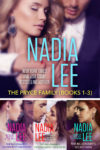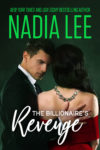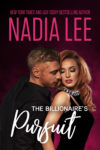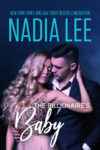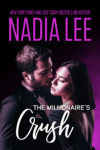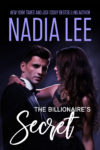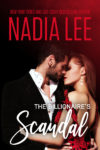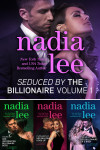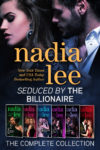25
| Jul 2012 |
I thought it was cool that Courtney Milan talked about what kind of damages (treble damage) could be imposed on the Settling Three if they fought and lost.
I thought maybe the concept was still a bit vague for some to grasp without a concrete example or two, since antitrust isn't something you see on TV all the time, so here is some basic hypothetical math (simplified for easier understanding; the actual calculation may have other variables involved):
Hypothetical Scenario One:
Big Pub prices all its ebook editions of HC cover releases at $12.99.
If Amazon had been able to discount, many of those ebooks would've been sold at $9.99, since Amazon sold all major bestsellers at $9.99 before the Agency stuff.
So the difference between the agency price and the pre-agency price is $3. That is the harm that's been done to ebook buyers.
Since this is a price-fixing case, which makes it antitrust, the treble damage rule applies.
So the publisher pays $9 for every copy of an ebook sold that Amazon would've discounted (as in, all of its major bestsellers that were released as hardback or trade during this time).
Let's see if these damages are affordable for this publisher.
Under the agency model, the publisher gave 30% of its cover price to ebook retailers.
30% of $12.99 is $4.20.
So the publisher received $8.79.
Out of that, the publisher paid 25% to its authors ($2.20). So the publisher netted a total of $6.59 per ebook.
Forget the attorney's fees or the rent, utility, employee salaries, etc. Let's even assume that all those are $0. Even then the publisher loses $2.41 on every e-book copy sold at $12.99 that would've been discounted to $9.99 under the wholesale model.
Hypothetical Scenario Two:
Big Pub prices all its ebook edition of MMPBs (mass-market paperbacks) at $7.99.
Amazon routinely discounted those to $6.39 (about a 20% discount), regardless of their bestseller status.
The difference between $7.99 and $6.39 is $1.60.
If you triple this amount, it's $4.80 (the treble damage for antitrust).
The publisher received only $5.59 from ebook vendors. Out of that, it paid $1.40 to the authors, which leaves the publisher with $4.19.
So no matter what price you use, the publisher is set to pay more than it ever made on ebook sales under agency if it loses the price-fixing case. And no, they can't say, “We're too poor to pay, so give us a break.” It doesn't work that way.
That's why some aren’t willing to fight the lawsuit — because a settlement does not require them to pay damages that can destroy them (ie, will probably bankrupt them).
You may wonder why the other three are fighting. Maybe Penguin and Macmillan think they have a real chance at winning and so are willing to risk it. As for Apple, it has more money than it knows what to do with, so it's probably not a big deal to lose. (And e-book sales was never its main business.)

